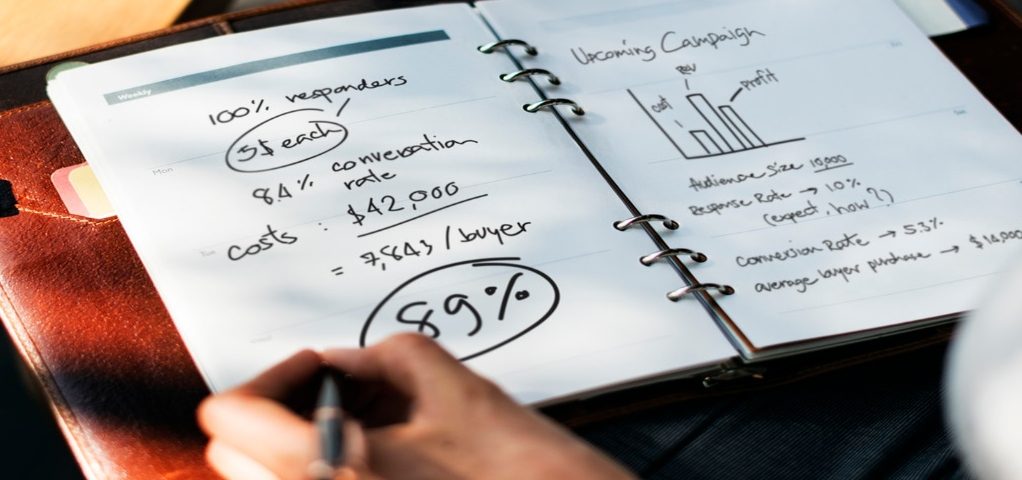Why You Should take Notes on Paper in Meetings?

Neil Gaiman, The Storyteller
January 10, 2019
The Benefits of Keeping a journal
January 17, 2019
Making a record of a meeting is essential if you are the meeting attendee tasked with taking minutes. But even if you haven’t been formally tasked with taking
minutes, taking notes can be helpful – both in terms of engaging with what’s being discussed and as a record to which you can refer back to later.
Some of the world’s most successful entrepreneurs take paper notes in meetings. Business Optimizer considers the benefits of taking notes on paper during
meetings.
Taking notes to remember
Unless you have a fabulous memory, you need to take notes in meetings to remember what was discussed.
Even if someone else has been tasked with taking minutes, it’s a good idea to take your own notes – this way you can keep a record of the issues as they relate specifically to you and your team.
Handwrite your notes to keep your mind sharp
While you might be thinking that taking notes on a computer would be less time consuming – after all, you don’t need to type the notes up after the meeting because they are already typed – studies have repeatedly shown that it is better to take notes on paper.
Because of the speed of typing, when we take notes on a computer it has been shown that we have a tendency to record what is said verbatim.
By contrast, paper notes are often more succinct. And it is this process of editing as we write that aids both comprehension and better retention, according to
research.
Paper notetaking has further advantages
- It’s quieter and less distracting to other people in the meeting.
- It’s more convenient – for example, you can write on the meeting handouts.
- You don’t need to worry about power supplies, batteries running out, or not saving the document.
You can easily add your own comments and notes in the margins and you have more freedom to quickly capture ideas in suitable formats such as mind mapping. To make your paper notetaking more effective, it’s a good idea to highlight key points as you go along or, at least, immediately after the meeting.
Another good tip is to summarize the meeting when it concludes, so you can easily refer to your notes later and pick out the salient actions and agreements.
After you return to your desk following the meeting, it’s a good idea to type up your notes or prepare a written report based on your notes straight away, while it is still fresh in your memory. Even if you haven’t been tasked to write official minutes, it can be a good idea to send a summary of what was discussed to all participants as soon as you can after the meeting. This way, there can be no later disagreements or confusion about what was agreed or who has been tasked with
what.
Even this final step can be easier with paper notes: as we’ve mentioned, there is a tendency to record what is said verbatim when using a computer to take notes. This makes creating a post-meeting report from paper notes often a lot quicker process – simply because you’ve already undertaken much of the editing and
summarizing processes while you wrote.
In summary, taking paper notes in meetings is better because:
- Less distracting for other meeting attendees
- Aids better comprehension
- Aids better retention of information
- More convenient
- Easier to refer back to later
- Less editing required when you subsequently create a report from your notes.



